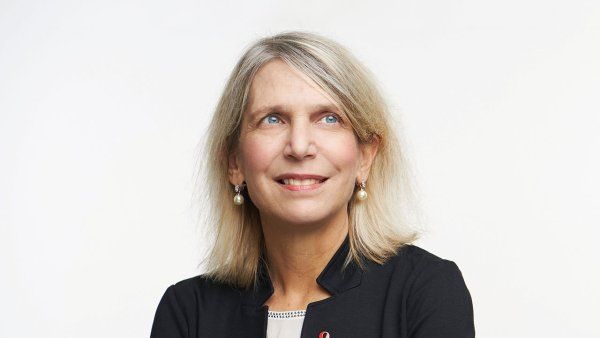Could Understanding Food Cravings Help Treat Obesity?
Qili Liu, PhD, studies the biological basis of appetites for insights on our cravings that could help address obesity.
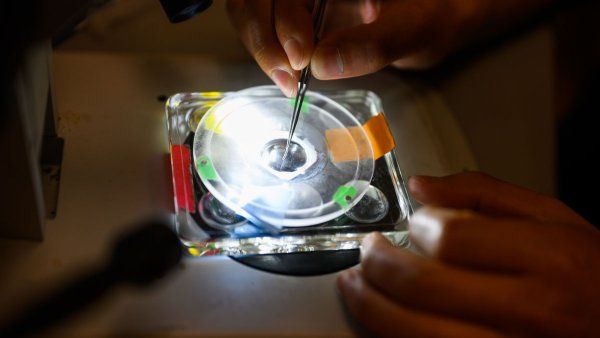
University of California San Francisco
Give to UCSFQili Liu, PhD, studies the biological basis of appetites for insights on our cravings that could help address obesity.

Vissers’ work on RNA tags helped found the field of epitranscriptomics, the study of how chemical marks on RNA, rather than their sequence alone, dictate the function of the molecules.
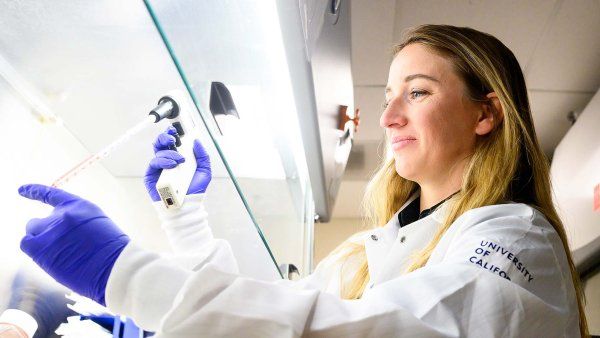
Angela Phillips, PhD, leads research that could help predict future viruses like COVID and the antibodies we might use to treat them.

When we inhale an airborne virus, our lung cells take on the role of immune system first responders. Catera Wilder, PhD, studies the molecular details of this response and how it can go awry, causing the body to damage its own tissue and cells.
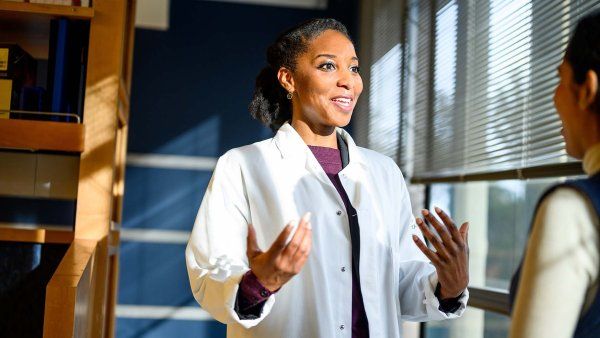
Leanne Jones, PhD, is at the forefront of studying how stem cells are influenced by their surrounding environment and directed to differentiate into one type of cell or another – research that’s critical for stem cell therapies to be successful.
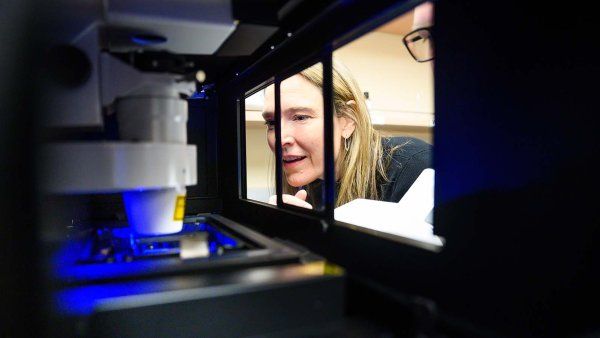
Because proteins can adapt to extremes, Margaux Pinney, PhD, believes they can show how living organisms might adapt to climate change.
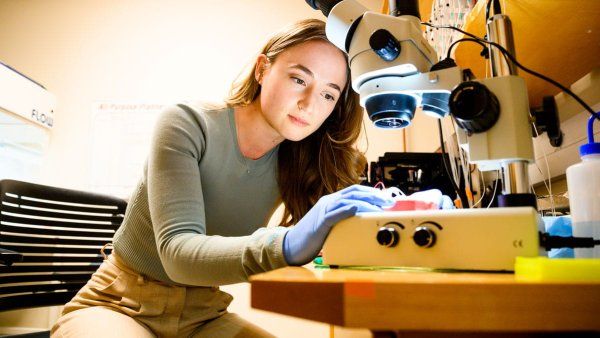
Shaeri Mukherjee, PhD, has won the Bowes Biomedical Investigator award, which will provide funding to further her work using bacterial pathogens to identify basic processes inside human cells.
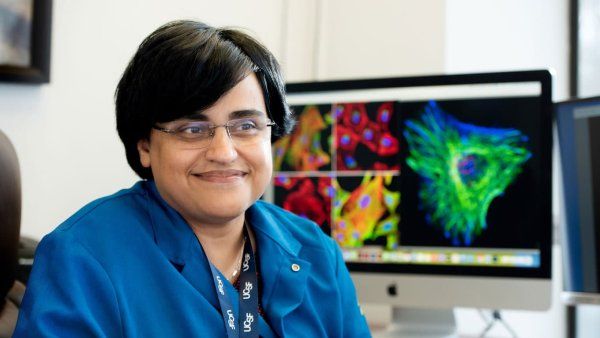
UCSF experts share insights and tips on supporting children with ADHD amidst a shortage of Adderall and other ADHD medications.
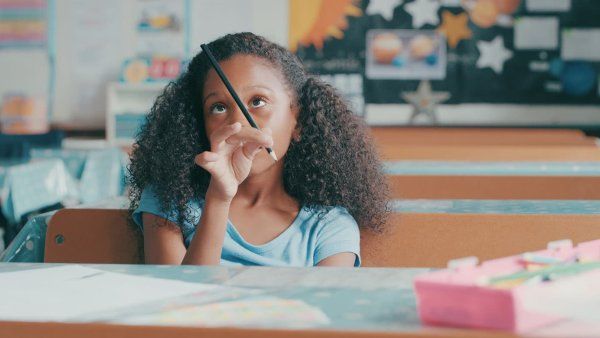
Increasing a newborn’s blood pressure after heart surgery may reduce brain injuries and increase survival for infants.

Three UCSF researchers were named 2022 fellows by the American Association for the Advancement of Science (AAAS), one of the highest honors in science.
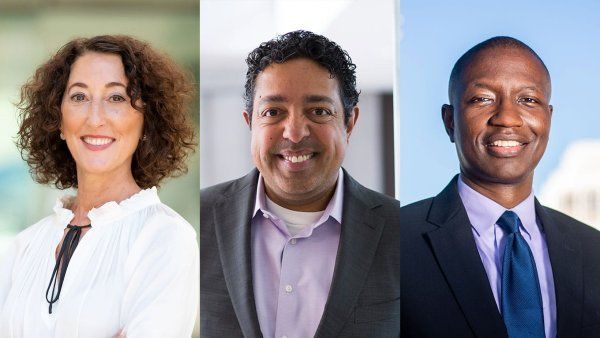
Sleep medications may increase risk of dementia for white people, though the type and amount of medication may also explain the higher probability.

Results from a recent study on prairie voles show that oxytocin, sometimes referred to as the “love hormone,” might not be as significant to social bonding as previously thought.
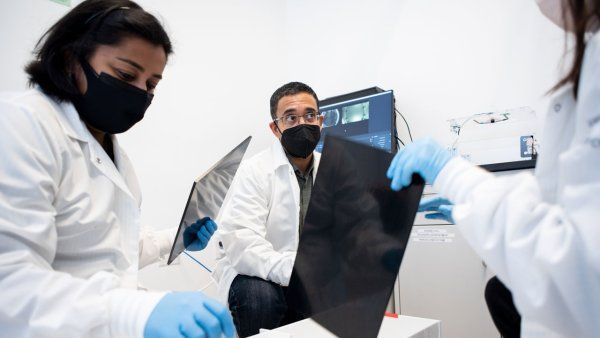
A new AI language program developed by Salesforce can learn the language of biology to create artificial proteins.

Since 1983, Ward 86 has played a revolutionary role in HIV/AIDS treatment, and continues to develop ways to care for people living with HIV.
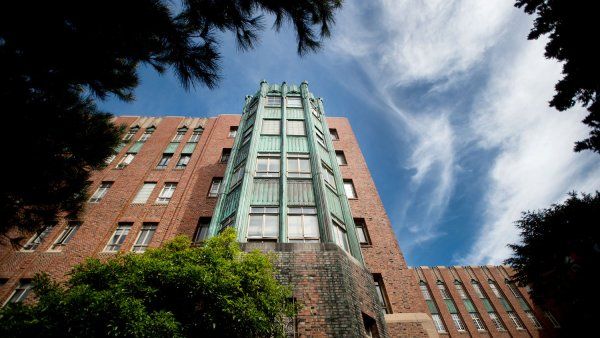
A new digital tool helps calculate breast cancer risk for those who may develop advanced cancer that goes undiagnosed despite regular screenings.

The American Academy of Pediatrics recently released the first new clinical guidance in 15 years for treating obesity and overweight in children. UCSF experts weigh in on the new guidance.

A UCSF study finds increase in percutaneous coronary intervention (PCI) at low-volume hospitals over time for all races, insurance types and incomes.

People who identify as lesbian, gay, bisexual, transgender or non-binary may have a higher risk for stroke at a younger age, and possibly a higher risk for recurrence than those who identify as straight and cisgender.
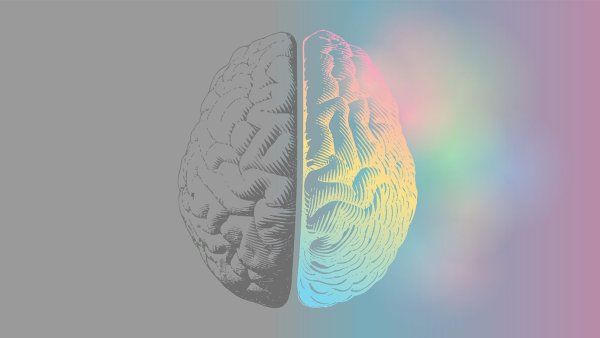
From the 1970s’ Black Panthers health clinics to a new gene therapy using Nobel Prize-winning science, Oakland has a long history of leading the way in treating sickle cell disease. This new podcast explores the saga’s rich past and promising future.
UCSF bestowed its highest honor on three notable achievements: to the co-founders of the Black Caucus, who fought for racial equality; to a nurse and alum who led systemic change in health care for seniors; and to a scientist who won a 2021 Nobel Prize.
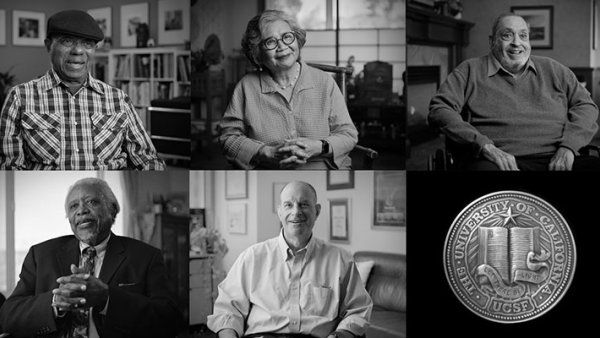
Drawing on his experience as a sleep scientist at UCSF, Aric Prather, PhD, a professor of psychiatry and behavioral sciences, shares his simple but powerful seven-day plan to achieve restorative rest.
How a bulletin board flyer launched geneticist Joyce Tung, PhD ’05, on an unforgettable ride with 23andMe.
Sociologist Stacy Torres, PhD, studied a group of older adults that hung out at a Manhattan bakery. She reflects on what they taught her about survival and belonging.
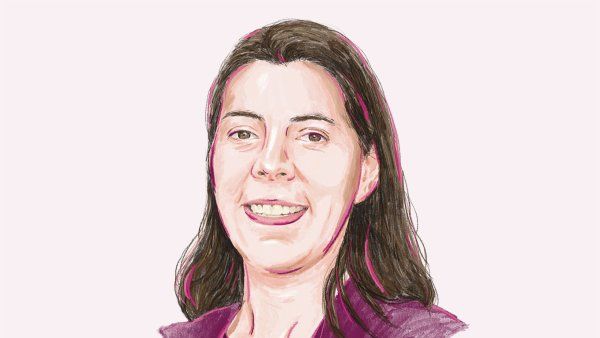
Diane Havlir, MD, UCSF’s Weiss Professor, an AIDS pioneer, and an infectious disease leader, is partnering with the local Latinx community to protect vulnerable San Franciscans from COVID-19 and other diseases.
